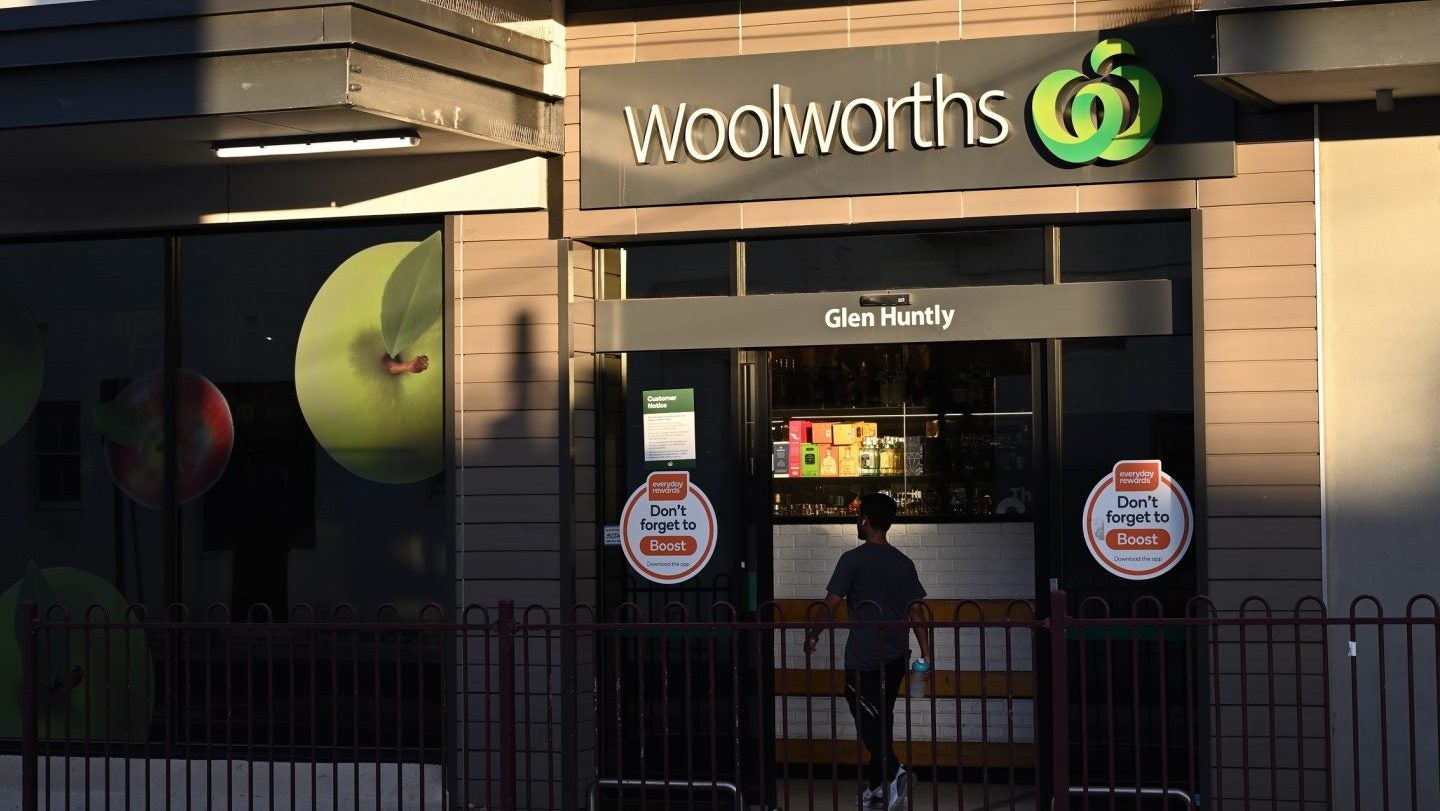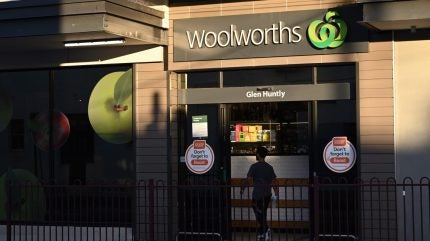

Australia’s government has accepted all the recommendations from a review of the country’s grocery code as part of a “crackdown on anti-competitive behaviour” in the sector.
Supermarket groups that break the updated code are likely to face huge fines.
In a release issued jointly with the country’s competition and agriculture ministers, Treasurer Jim Chalmers, said strengthening the code would “get a fair go for families and farmers”.
The statement added: “Our efforts will help to ensure our supermarkets are as competitive as they can be so Australians get the best prices possible.
“We’re cracking down on anti-competitive behaviour in the supermarkets sector so people get fairer prices at the checkout.”
Australia’s grocery market is dominated by a few main players, Woolworths and Coles.
Access the most comprehensive Company Profiles
on the market, powered by GlobalData. Save hours of research. Gain competitive edge.

Company Profile – free
sample
Your download email will arrive shortly
We are confident about the
unique
quality of our Company Profiles. However, we want you to make the most
beneficial
decision for your business, so we offer a free sample that you can download by
submitting the below form
By GlobalData
The government commissioned former Minister for Small Businesses Dr Craig Emerson to review Australia’s Food and Grocery Code of Conduct to ensure it is protecting suppliers and encouraging a competitive grocery sector. He reported back in April.
The review found the current voluntary code is failing to address the imbalance of bargaining power between supermarkets and their suppliers, including farmers and that suppliers fear retribution from supermarkets if they raise concerns or exercise their rights under the code.
The recommendations to be implemented in full by the government include making the code mandatory for all supermarkets with an annual Australian revenue of greater than A$5bn ($3.32bn) and strengthening formal and informal dispute resolution arrangements.
The updated code will also see grocers penalised for the “more harmful breaches” of the code with the maximum penalty the greatest of A$10m, three times the benefit gained from the contravening conduct or 10% of turnover in the preceding 12 months.
An anonymous supplier and whistleblower complaints mechanism will also be introduced.
Implementing these recommendations will require changes to regulations and the Competition and Consumer Act 2010, which the government said it will prioritise.
In May, a separate inquiry into supermarket price gouging in Australia said price gouging should be made illegal.
The Senate inquiry on supermarket prices, led by political party the Greens, released a report that contained 14 recommendations including powers to break up big supermarkets and a strengthened food and grocery code of conduct.

